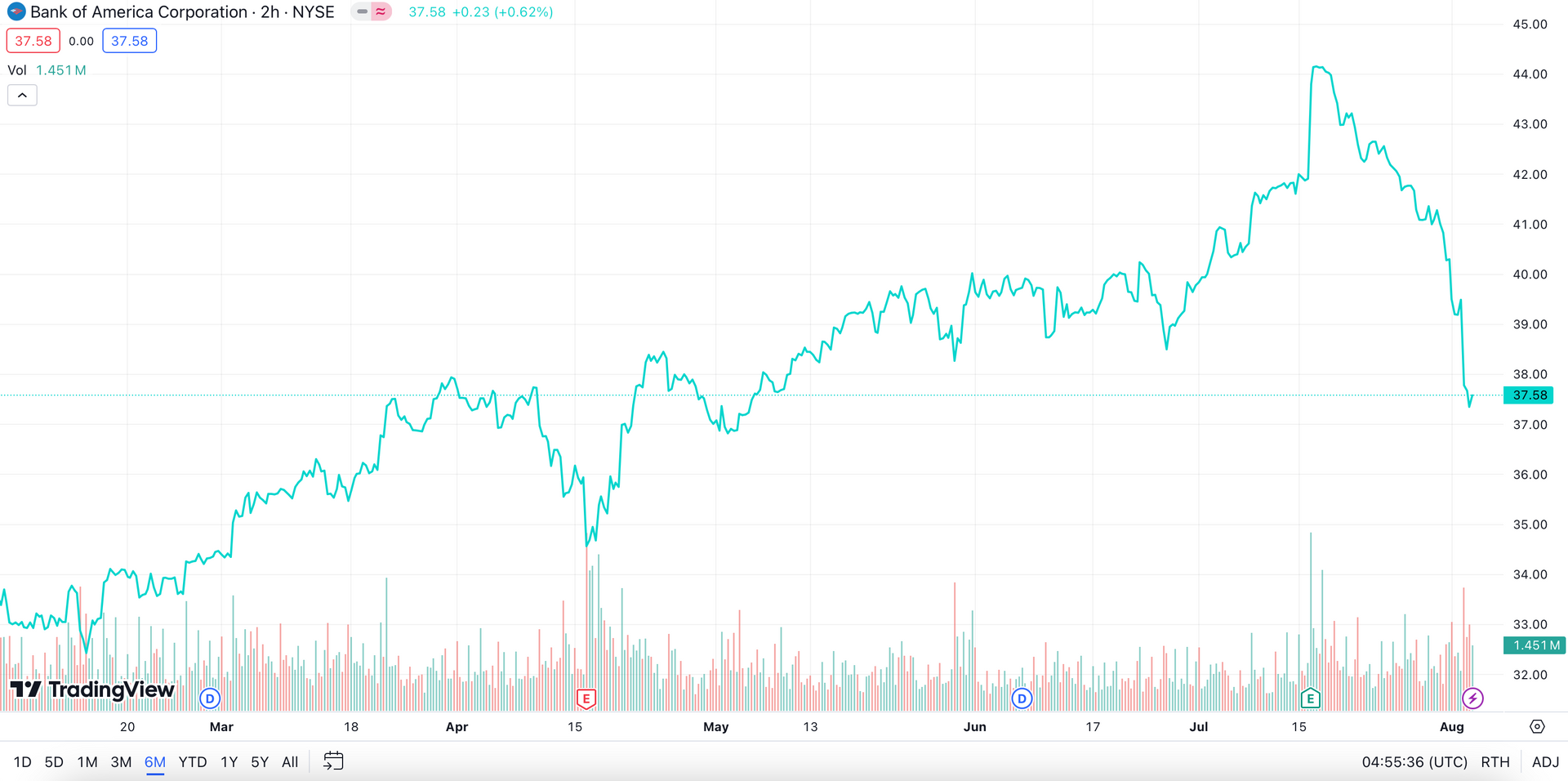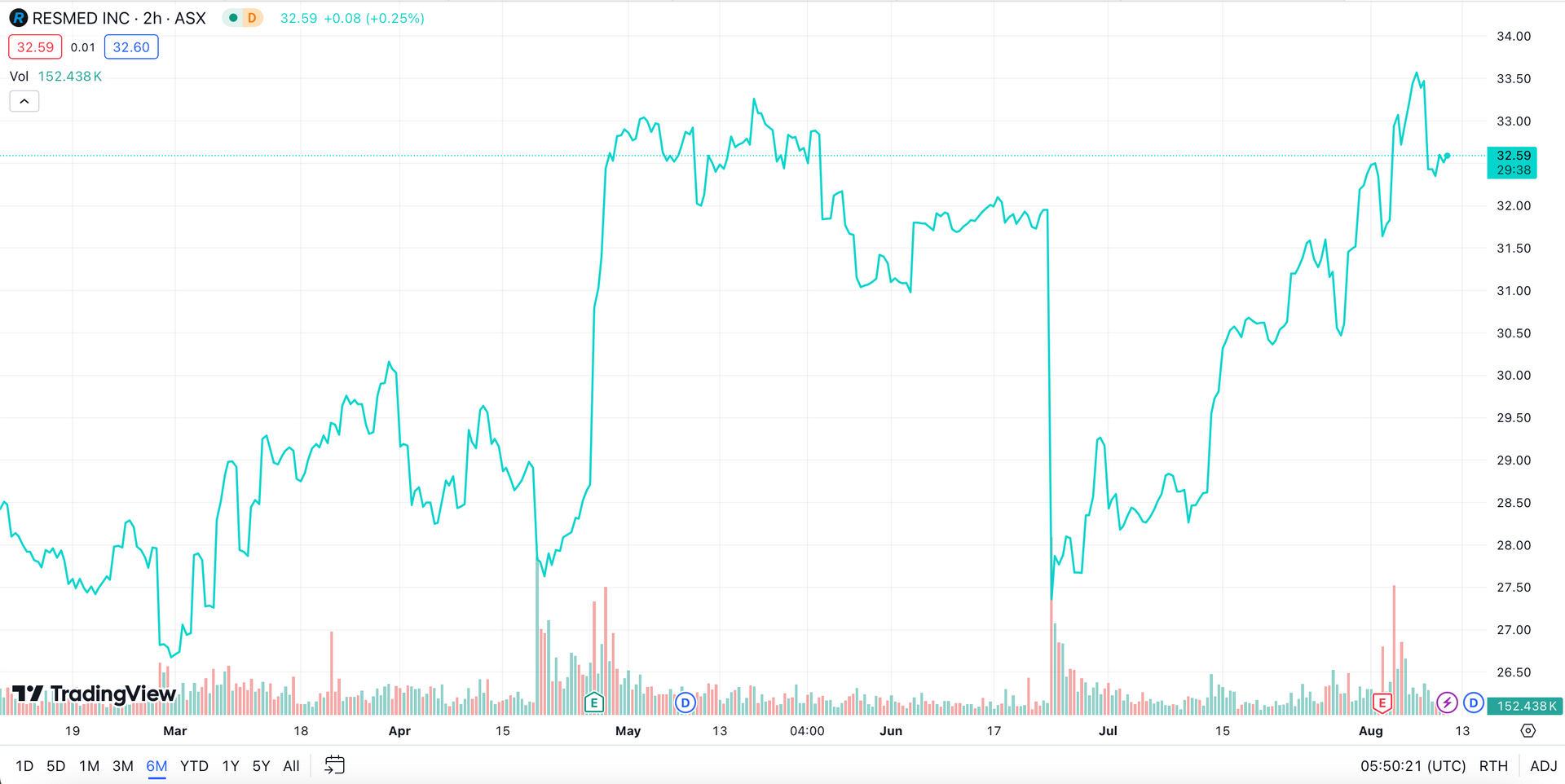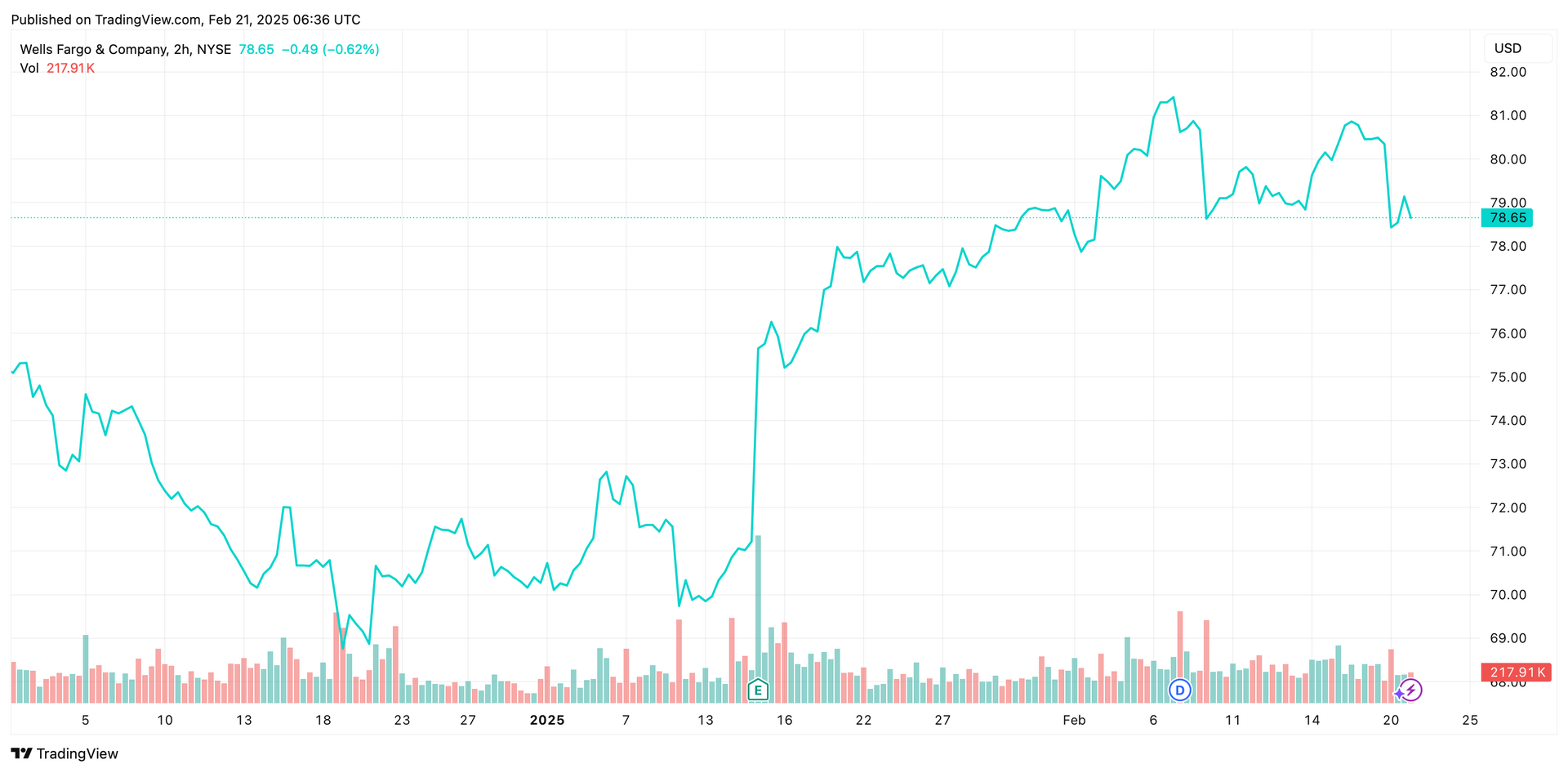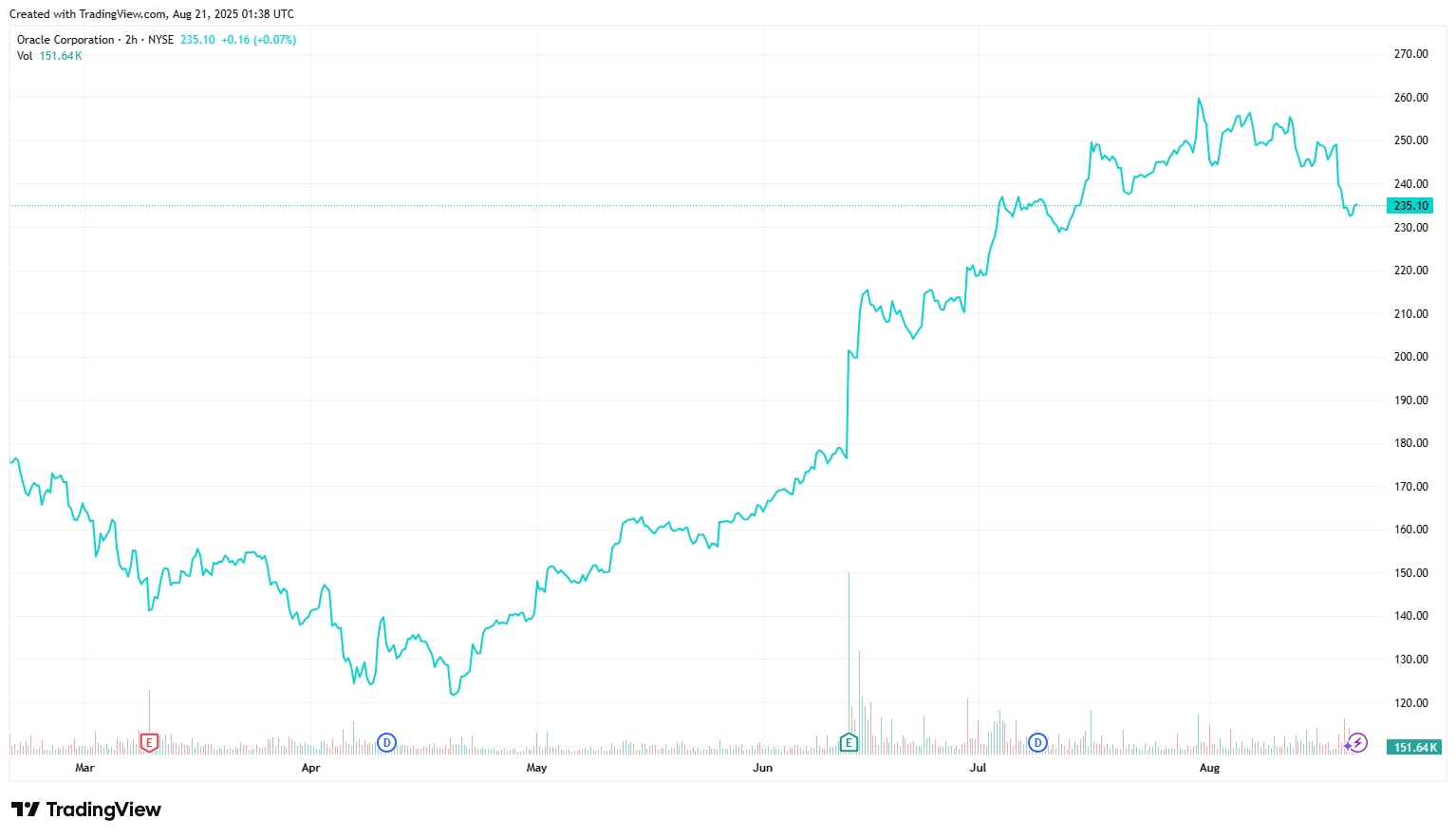Recap of the 2025 Jackson Hole Economic Symposium

The 2025 Federal Reserve Jackson Hole Economic Policy Symposium, themed “Labour Markets in Transition: Demographics, Productivity and Macroeconomic Policy,” brought together central bankers, economists and policymakers to assess the long-term shifts shaping the global economy. While near-term inflation management remains a focus, discussions highlighted how demographic change, technological advances and evolving workforce dynamics are reshaping the policy landscape.
The US economy has displayed resilience this year. Inflation has eased from its post-pandemic highs, while employment remains near maximum levels despite tighter immigration policies and slower labour force growth. These conditions framed the symposium’s central theme: how structural transitions in labour markets and productivity will influence growth, inflation and policy in the coming decade.
Federal Reserve Chair Jerome Powell’s keynote attracted the most attention. He acknowledged the progress made in bringing inflation down but warned that the path ahead remains uncertain. Goods prices have stabilised, yet services inflation, particularly in housing and healthcare, continues to run above target. Wage growth, although moderating, remains higher than levels consistent with the Fed’s 2% inflation goal. Powell reiterated that policy will stay restrictive until there is stronger evidence that inflation is firmly on a sustainable path lower. He stressed that acting too early risks reversing hard-won progress, but he also left open the door for adjustments if growth slows more sharply than expected. Markets had anticipated a faster pace of easing, but Powell’s remarks shifted expectations towards a slower and more conditional approach, with futures pricing now pointing to a more measured pace of cuts through 2025.

A notable development was the Fed’s update to its monetary policy framework following a five-year review. The revisions included moving away from the “effective lower bound” as a central focus, reflecting today’s higher interest rate environment, and dropping the earlier “makeup” strategy of targeting moderate inflation overshoots. The Fed reaffirmed its flexible inflation-targeting framework and its dual mandate of maximum employment and price stability. It also clarified that employment can exceed estimates of sustainable levels without automatically triggering policy tightening, highlighting a more balanced and data-driven approach.
Beyond Powell’s remarks, the symposium explored how demographic and productivity trends are reshaping the macroeconomic outlook. Ageing populations and slowing labour force participation in advanced economies are expected to weigh on potential growth and place greater pressure on public finances. At the same time, the productivity outlook remains uncertain. Some argued that advances in automation and digital technologies could deliver gains that offset demographic headwinds, while others pointed to weaker investment and innovation as possible constraints. These uncertainties reduce the margin for error in monetary and fiscal policy and suggest that central banks will have to operate in a more constrained environment in the years ahead.
The global policy backdrop also featured prominently. European policymakers stressed the challenge of stimulating growth in a low-demand environment, while Japan outlined its gradual move away from ultra-loose policy as domestic wage and price pressures become more entrenched. Emerging market participants highlighted the difficulties of managing capital flows and debt burdens in a world of higher US rates and a strong dollar. The divergence of policy paths underscores that global monetary conditions will not move in lockstep, creating a more fragmented investment environment.
For investors, the message from Jackson Hole was twofold. In the near term, the Fed’s stance suggests that interest rates will remain restrictive for longer than markets had hoped, limiting the scope for a sharp rebound in valuations. Longer term, structural forces such as demographics and productivity will shape inflation, growth and policy trajectories. Equity strategies may need to balance exposure to innovation-driven growth sectors with defensives and dividend payers. In fixed income, shorter-duration securities offer attractive carry in a higher-for-longer environment, while credit markets may face renewed pressures if growth slows. Currency markets are likely to see more volatility as policy divergence across regions deepens.
The symposium reinforced that while the battle against inflation is ongoing, longer-term transitions in labour markets and productivity are already reshaping the policy environment. From an investment standpoint, flexibility and careful portfolio positioning remain essential, with an emphasis on balancing cyclical risks with the structural forces that will define the coming decade.
Subscribe to our newsletter
Disclaimer: This article does not constitute financial advice nor a recommendation to invest in the securities listed. The information presented is intended to be of a factual nature only. Past performance is not a reliable indicator of future performance. As always, do your own research and consider seeking financial, legal and taxation advice before investing.











